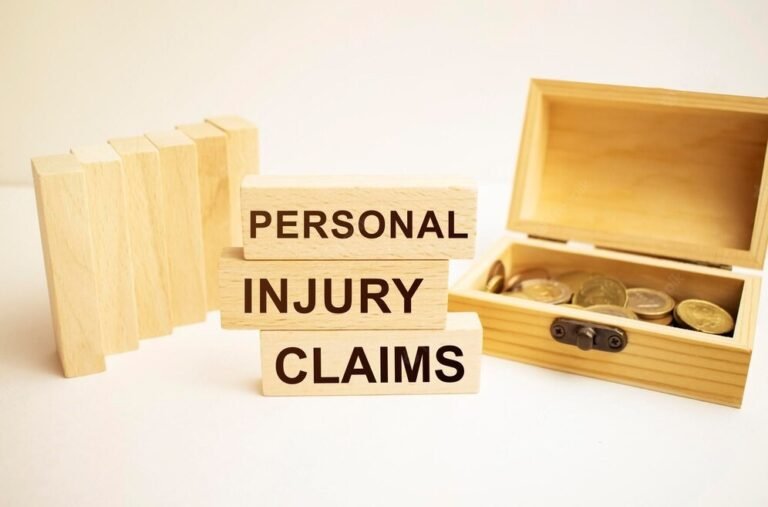Insurance companies have enormous control over handling personal injury claims and often operate with a clear objective—to minimize payouts. When filing a claim, injured parties may face tactics that delay compensation or reduce the amount they rightfully deserve. Many people don’t realize that these companies employ strategies to exploit the victims’ limited legal knowledge.
With the support of the top law firms, like Big Chad Law Injury & Accident Lawyers, you can avoid these pitfalls and protect your claim’s value.
This article will explore insurance companies’ hidden tactics and provide valuable tips to safeguard your personal injury claim.
The First Offer Is Negotiable
Insurance companies usually make an initial offer that seems attractive, hoping it will prompt a quick settlement. However, that first offer is rarely the full amount you’re entitled to. Insurance adjusters often assess a claim’s value at its lowest to protect the company’s bottom line, banking on the fact that claimants may accept it without question.
By understanding that this is just a starting point, you open the door to negotiating for a better settlement. Review any offers with care and, if necessary, consult with an attorney to understand your claim’s true worth.
You Have the Right to Hire a Lawyer
One of the biggest misconceptions insurance companies like to promote is that you don’t need an attorney to handle your claim. They may even suggest that hiring legal representation will slow down the process or eat into your settlement. However, this couldn’t be further from the truth.
A skilled lawyer can evaluate the full scope of your injuries, understand the fair value of your claim, and pursue the compensation you deserve. With legal guidance, you won’t be vulnerable to lowball offers or procedural tricks that can impact your payout.
Insurance Adjuster’s Real Motive
When an insurance adjuster approaches you, it’s essential to remember their primary responsibility is to the insurance company, not you. Their main objective is to settle claims for the smallest possible amount. Adjusters often use friendly language and show empathy, aiming to create a sense of trust.
Yet, beneath this friendly demeanor lies a focus on protecting the insurer’s interests. Being aware of this motive empowers you to view their statements critically and avoid accepting offers without fully examining all of your options.
You Are Not Expected to Talk to Insurance Adjusters
After an accident, claim adjusters may try to contact you quickly, hoping to catch you before you’ve had a chance to evaluate the situation fully. Many claimants believe they must answer all questions or share details about the accident, which can sometimes weaken their claim. However, you’re not legally required to provide a statement to the adjuster.
You have the right to consult an attorney before communicating with them. When you do so, you gain a professional who understands how to manage these conversations, allowing you to protect your interests and avoid saying anything that could harm your case.
You Can Fight a Denied Claim
When an insurance company denies a claim, it can feel like the end of the road, but a denial doesn’t mean you’re out of options. Insurance companies might deny claims for various reasons, some of which may be legitimate, but others may be based on technicalities or misinterpretations of the policy. Don’t give up if your claim is denied; you have the right to challenge that decision.
Consulting with a qualified lawyer can help you gather the necessary evidence, appeal the denial, and demonstrate the validity of your claim. With strong representation, you increase the possibilities of overturning the denial and winning the compensation you deserve.
In conclusion, exploring a personal injury claim can be challenging, but knowing the tactics insurance companies use empowers you to secure fair compensation.

Daniel J. Morgan is the founder of Invidiata Magazine, a premier publication showcasing luxury living, arts, and culture. With a passion for excellence, Daniel has established the magazine as a beacon of sophistication and refinement, captivating discerning audiences worldwide.





